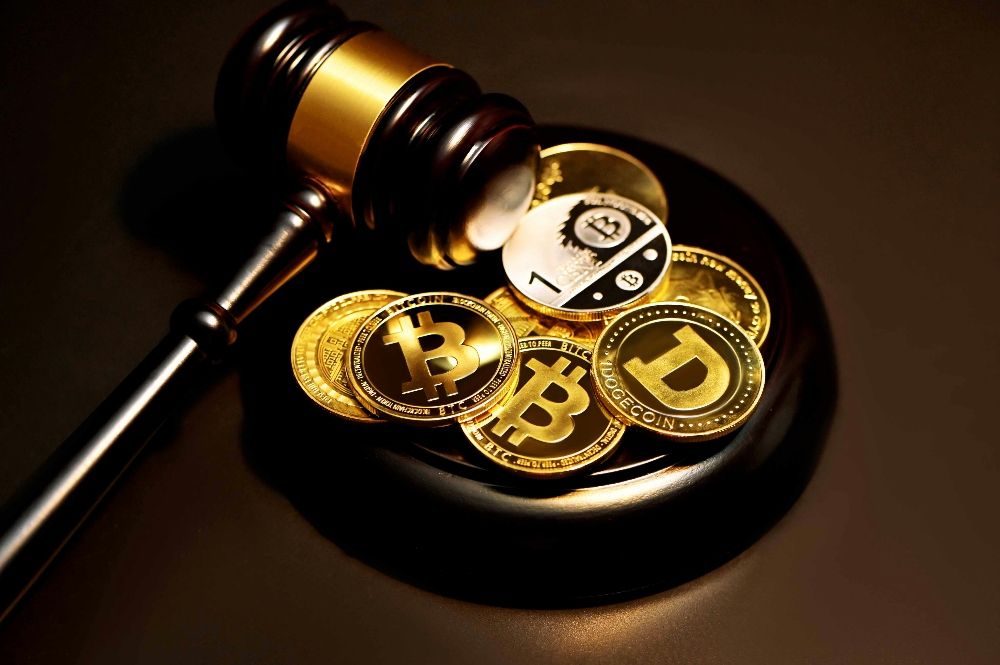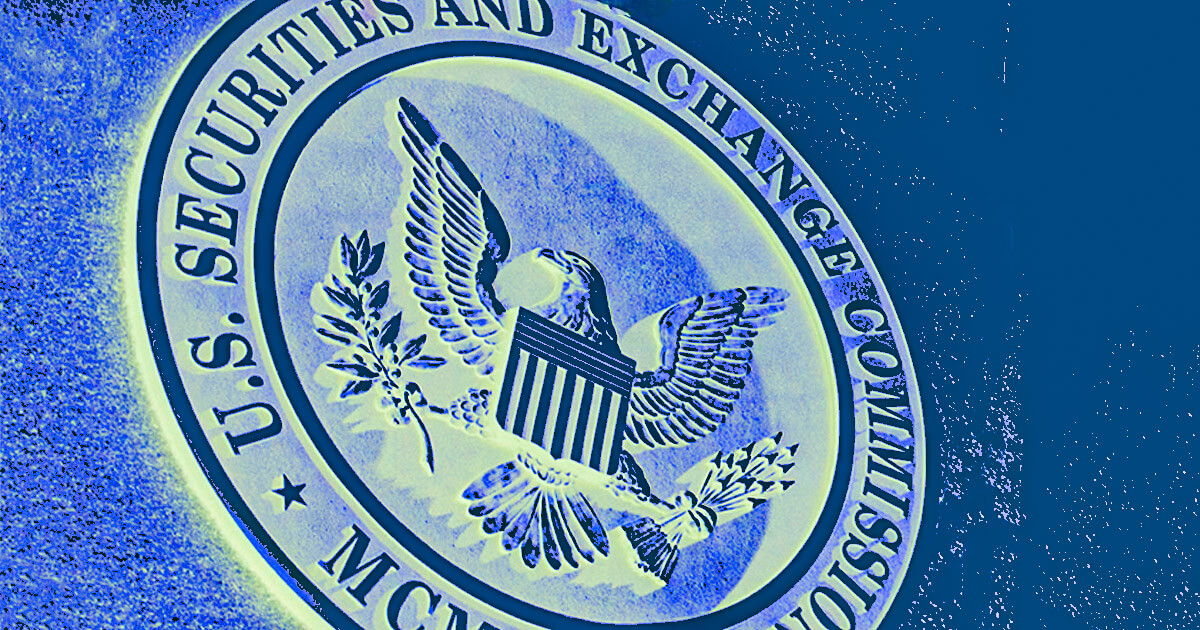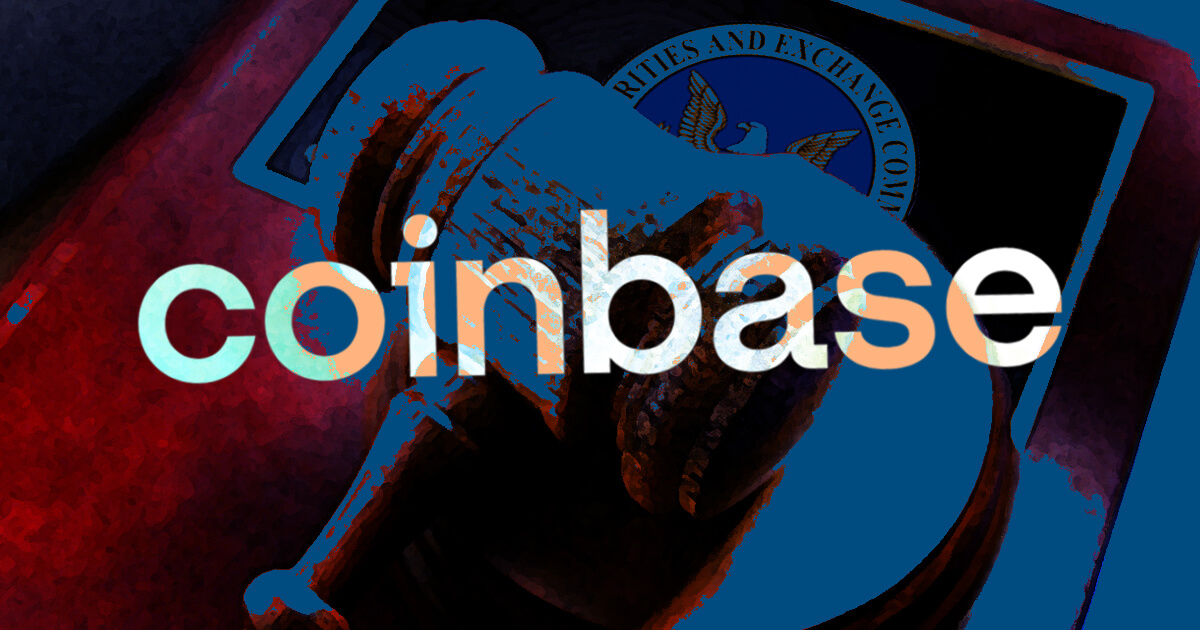
2023-6-12 17:23 |
The Securities and Exchange Commission has shown increased efforts to regulate the cryptocurrency industry. Recently, the lawmaker sued Coinbase and Binance for law violations. Nonetheless, the crypto community seems displeased with SEC’s actions.
Considering the latest moves by the regulator, can one have a crypto business that satisfies SEC’s requirements? Moreover, are lawmakers creating a hostile environment for cryptocurrency or streamlining things for a regulated industry?
Invezz.com asks regulatory advisor Frank Borger Gilligan some of these questions. Gilligan has worked with SEC and various federal agencies and uses his expertise to help individuals understand the complex financial regulations and laws.
Interview with Frank Borger GilliganInvezz: Frank, you’ve been interacting with digital currencies from the regulatory standpoint for years. With your connection to FINRA and SEC, do you think the commission’s latest moves, suing Binance and Coinbase exchanges, is a way of showing its dedication to establishing a clear regulatory framework in the United States or another endless battle between the regulator and the crypto industry, considering the crypto community trusts the securities lawmakers are in fault with their frequent lawsuits against the cryptocurrency entities?
Gilligan: The SEC has not wavered very much in its position that existing securities laws — including the Exchange Act framework — apply to crypto and crypto trading platforms. I don’t think the recent actions necessarily demonstrate the SEC’s dedication to establishing a clear regulatory framework as much as they establish that the SEC is dedicated to enforcing existing securities laws — and that such digital assets and trading platforms fall under their oversight. I do, however, believe that the SEC is demonstrating a willingness to listen to the industry and potentially clarifying the securities regulatory framework as it relates to crypto.
The SEC’s recent reopening of the comment period for previously proposed amendments to Rule 3b-16 of the Exchange Act, which propose an expansion of the definition of an “exchange” to capture a broader scope of trading platforms — including crypto — is one example of that. The other is the recent approvals of OTC Markets Group and Prometheum Ember Capital to trade crypto assets and operate as a “qualified custodian,” respectively.
Invezz: While the lawsuit against top exchanges revealed securities law violations, some of us undoubtedly do not understand the whole thing behind it. What exactly makes one crypto a security and another a digital currency? Further, is there a way for market players to distinguish the two at first glance?
Gilligan: As an initial matter, the SEC has long viewed all crypto and digital assets to be securities, with the exception of Bitcoin. How they get there is by looking at the crypto under the “Howey Test,” a test developed by the Supreme Court that is used to determine whether a transaction is an “investment contract” under the Securities Act. In its simplest form, an investment contract exists if there is an “investment of money in a common enterprise with a reasonable expectation of profits to be derived from the efforts of others.” In most cases, digital assets meet this test. It may evolve, but as of right now, I advise clients to approach crypto with the assumption that the SEC views them as securities.
Invezz: U.S. regulators have been monitoring the crypto market over the past years. However, we’ve seen increased clampdowns this week, where the SEC struck Binance and Coinbase in a span of two days. What could be behind SEC’s recent moves, and how does that demonstrate the regulator’s stance on cryptocurrencies?
Gilligan: Don’t forget state regulatory actions. At least eight states, led by the Alabama Securities Commission, have taken enforcement actions against Coinbase, alleging that Coinbase is violating securities laws by offering its staking rewards program accounts without a registration to offer or sell these securities. The regulators’ stance on crypto is clear — they consider them to be securities and intend to regulate them as such. I don’t view this necessarily as hostility toward crypto — rather, the regulators are doing what they are tasked to do, which is to protect investors. And proper disclosures, including the risks associated with investing in crypto, are fundamental to protecting investors.
Invezz: For many, fulfilling what the SEC wants could sound next to impossible. Who thought they would file a lawsuit against Coinbase after allowing the exchange to go public with its listed assets? Is registering as an alternative trading site the solution to offering crypto investment services under SEC’s compliance? Furthermore, do you believe FINRA and SEC should launch a crypto-centered system similar to alternative trading platforms?
Gilligan: I don’t think it’s next to impossible at all. It’s not a quick and easy process, and requires work and creativity, and likely multiple discussions with regulators, but it is certainly not impossible. I also wouldn’t say that the SEC allowed Coinbase to operate an exchange. Coinbase has never been registered with the SEC as a broker, an exchange or an alternative trading system.
The complaint alleges that they operated as an unregistered trading platform and allowed unregistered securities to trade on the platform. Yes, registering as an ATS is certainly a solution. There are other options as well, depending on the services the platform is providing, but registration is key. Although the SEC has said that the current laws don’t need to be revised to regulate crypto, a crypto-centered regulatory framework that is designed with input from the crypto community would be a welcome development.
Invezz: The crypto market has shown resilience over the past years, surviving different events that we thought they’d crash the entire industry. What is your advice for players planning to create new digital coins and launch their projects in compliance with the law?
Gilligan: Speak with a securities attorney with experience in the crypto space. Approach your project with the assumption that your coins will be considered securities. Plan on having to make adjustments to your project to ensure you are in compliance with securities laws — either through registration or through an applicable exemption to registration. And, if your project involves a trading platform wherein securities will be traded, plan on having to register that platform, and work with your attorney on a detailed plan to give assurance to regulators that you will be compliant with all applicable securities laws.
About Frank Borger GilliganFrank Borger Gilligan is a member of Dickinson Wright’s Corporate, M&A and Securities practice group. Frank regularly advises clients in structuring and executing public and private securities offerings, private equity, and raising capital through Regulation D, Regulation A+ and Regulation Crowdfunding.
Frank also advises clients on regulatory matters related to FinTech, and is a member of Dickinson Wright’s cannabis practice group, where he helps clients raise capital and properly structure their securities offerings in the constantly evolving legal and regulatory landscape.
As the former top securities regulator for the State of Tennessee, Frank has extensive experience working on federal and state securities matters, including public and private securities offerings and investigations. He has worked with the Securities and Exchange Commission, FINRA, SIFMA, the U.S. Attorney’s Office, and various state and federal agencies and brings this experience to assist clients in helping to understand and navigate complex securities laws and regulations.
The post Interview: how can new crypto entities comply with SEC’s laws? Frank Gilligan appeared first on Invezz.
origin »Bitcoin price in Telegram @btc_price_every_hour
Emerald Crypto (EMD) на Currencies.ru
|
|











